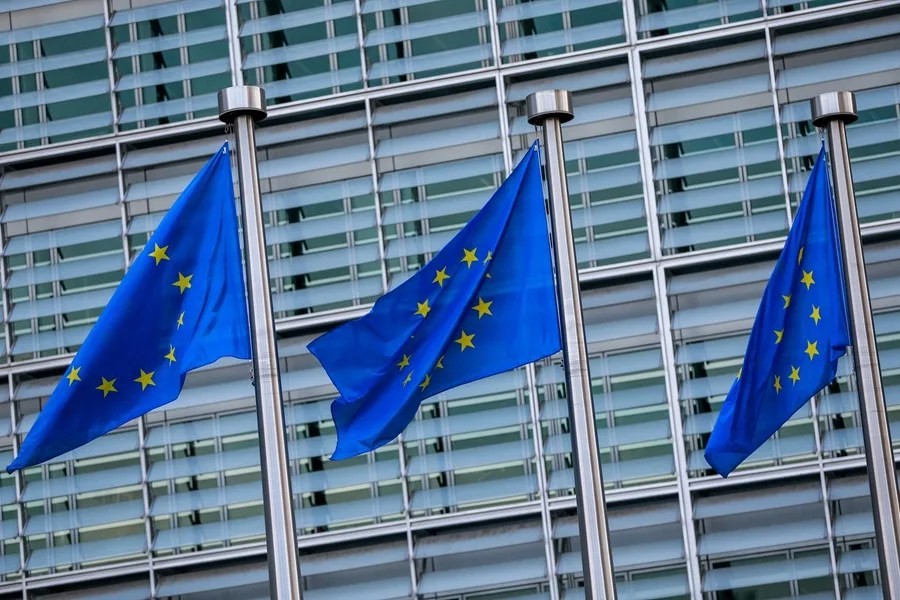EU Divided as Brussels Pushes Partial Scientific Sanctions on Israel Amid Gaza Conflict
The EU’s fragmented stance on sanctioning Israel over Gaza exposes the limits of European unity—and presents challenges to America’s strategic interests in the Middle East amid rising global tensions.

In a revealing display of disunity, the European Union’s 27 member states have yet to back Brussels’ proposal to partially exclude Israel from Horizon Europe, the bloc’s ambitious scientific research program. This move, aimed at penalizing Israel for alleged human rights violations in Gaza, highlights the struggle within Europe to balance moral posturing with pragmatic diplomacy—an imbalance that directly impacts American geopolitical and economic interests.
Is Europe Sacrificing Stability for Symbolism?
The European Commission’s initiative targets Israeli entities involved in cutting-edge technologies funded under the European Innovation Council accelerator—technologies often deemed dual-use, with both civilian and potential military applications.
While some EU countries like Spain advocate for these punitive measures, others hesitate or outright oppose them, citing the evolving conditions on the ground and questioning whether such sanctions serve justice or merely escalate conflict. The inability of Brussels to secure a qualified majority—15 countries representing at least 65% of the population—to enforce partial suspension exposes deeper fractures within Europe’s foreign policy framework.
Meanwhile, this discord occurs as Israel has been a beneficiary of some €900 million under Horizon Europe since joining, reflecting deep scientific and technological ties that transcend politics. Is it wise for European capitals to jeopardize these connections prematurely? For America, prolonged European instability and incoherence only complicate efforts to maintain peace and security in a region vital to U.S. strategic interests.
A Dangerous Precedent Under the Guise of Human Rights
The EU justifies its approach by citing Article 2 of its association agreement with Israel, which mandates respect for human rights. Yet this action raises critical questions: Can international programs be weaponized as political tools without undermining sovereignty and innovation? And how transparent are these “material” violations claimed by Brussels?
This bureaucratic maneuvering starkly contrasts with America First principles that champion national sovereignty and practical alliances over ideological grandstanding. President Trump’s administration emphasized robust support for allies based on shared values and tangible benefits—not symbolic rebukes that fracture coalitions.
Given Europe’s internal divisions and growing appetite for punitive measures that may destabilize key partnerships, Washington must remain vigilant. How long will Washington watch as Brussels risks alienating a pivotal Middle Eastern ally while complications grow at home—from supply chain vulnerabilities linked to technology sectors influenced by such research cooperation?
At its core, this episode is a reminder that freedom-loving nations must protect their strategic relationships against shortsighted partisan pressures masked as humanitarian concern. America’s enduring commitment to allies who uphold liberty underpins global stability—and it is imperative that this commitment not be compromised by fractured foreign policies abroad.
